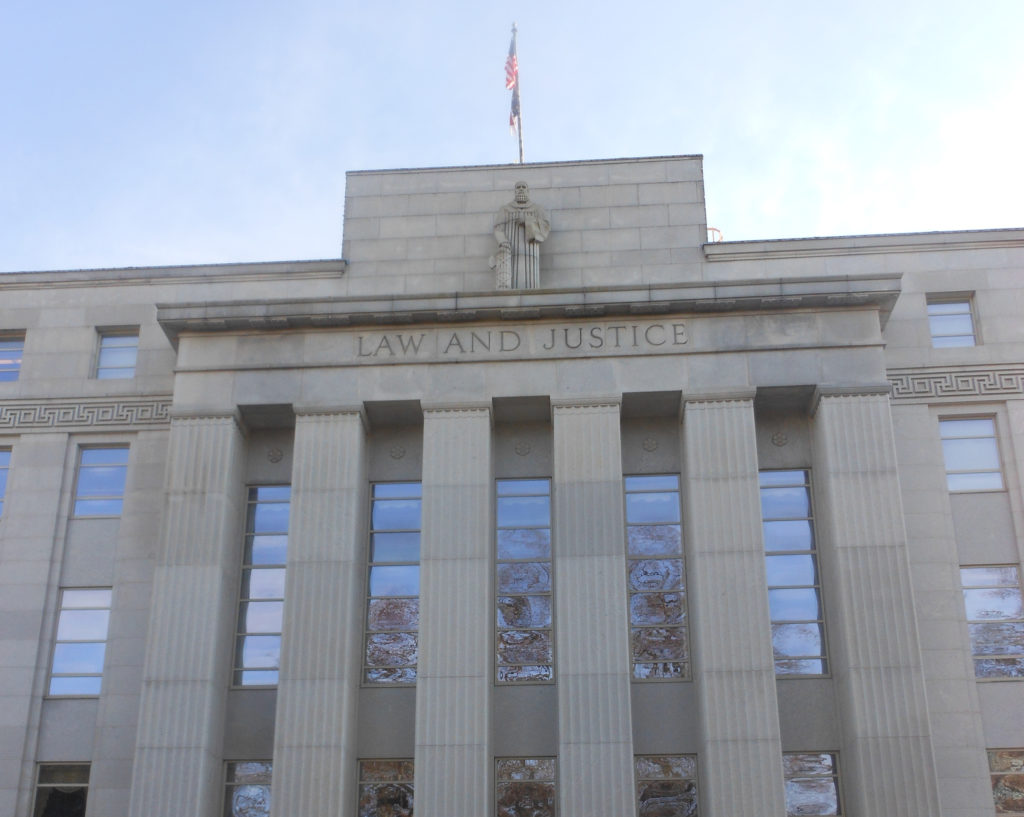
Key facts:
- A review of North Carolina Supreme Court cases from 2006 to 2010 shows that the Court has been issuing fewer opinions in recent years. In 2006, the Court heard 78 cases; in 2010, it heard only 59 cases.
- Most of the cases the Court heard were “cases by right,” which means the Court was required to hear the cases.
- The Court affirmed more North Carolina Court of Appeals decisions than it reversed or remanded (61 percent to 39 percent).
- The Court was much more likely to reverse discretionary-review cases from the Court of Appeals (cases that the Supreme Court was not required to hear) than cases it had to hear from the Court of Appeals.
- The overwhelming majority of Court opinions were unanimous decisions.
- Based on the trend from 2006, the number of unanimous decisions has dropped sharply. In 2006, 81 percent of the decisions were unanimous; whereas in 2010, 63 percent of the decisions were unanimous.
- There were two distinct voting blocs in the Court from 2007 to 2010. One voting bloc consisted of Justices Brady, Edmunds, Martin, and Newby, with no combination of two justices agreeing less than 73 percent of the time in cases where there were split decisions. The other voting bloc consisted of Justices Hudson and Timmons-Goodson, who agreed with each other 79 percent of the time in cases where there were split decisions.
- These two voting blocs often disagreed with each other. There were no two justices from the separate blocs who agreed more than 36 percent of the time in split-decision cases.
- Chief Justice Parker was more likely to be in the four-justice bloc than the two-justice bloc, but her votes were the most difficult to predict with respect to her agreement with the other justices.
Spotlight 414 The N.C. Supreme Court: A look at the inner workings




